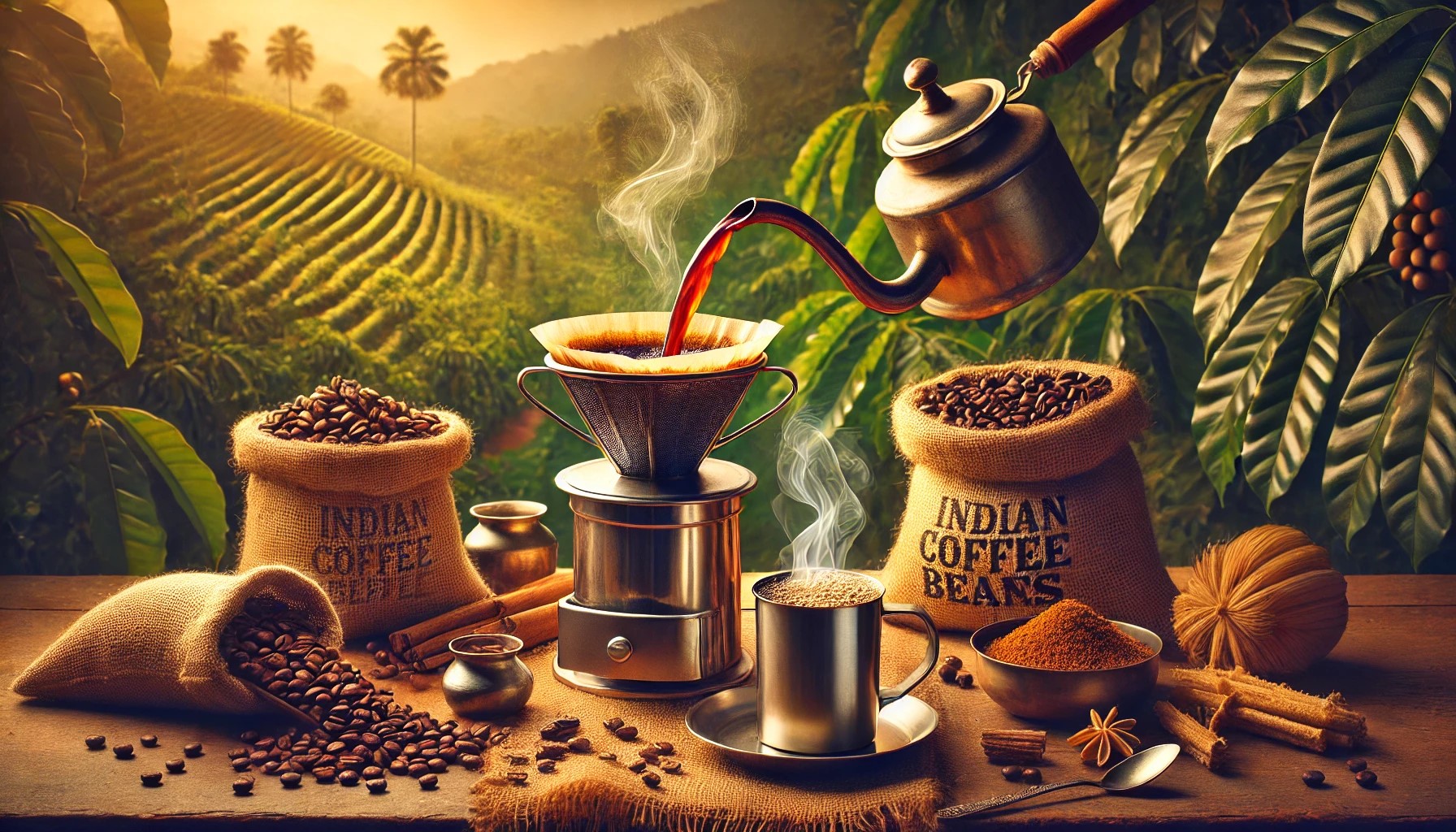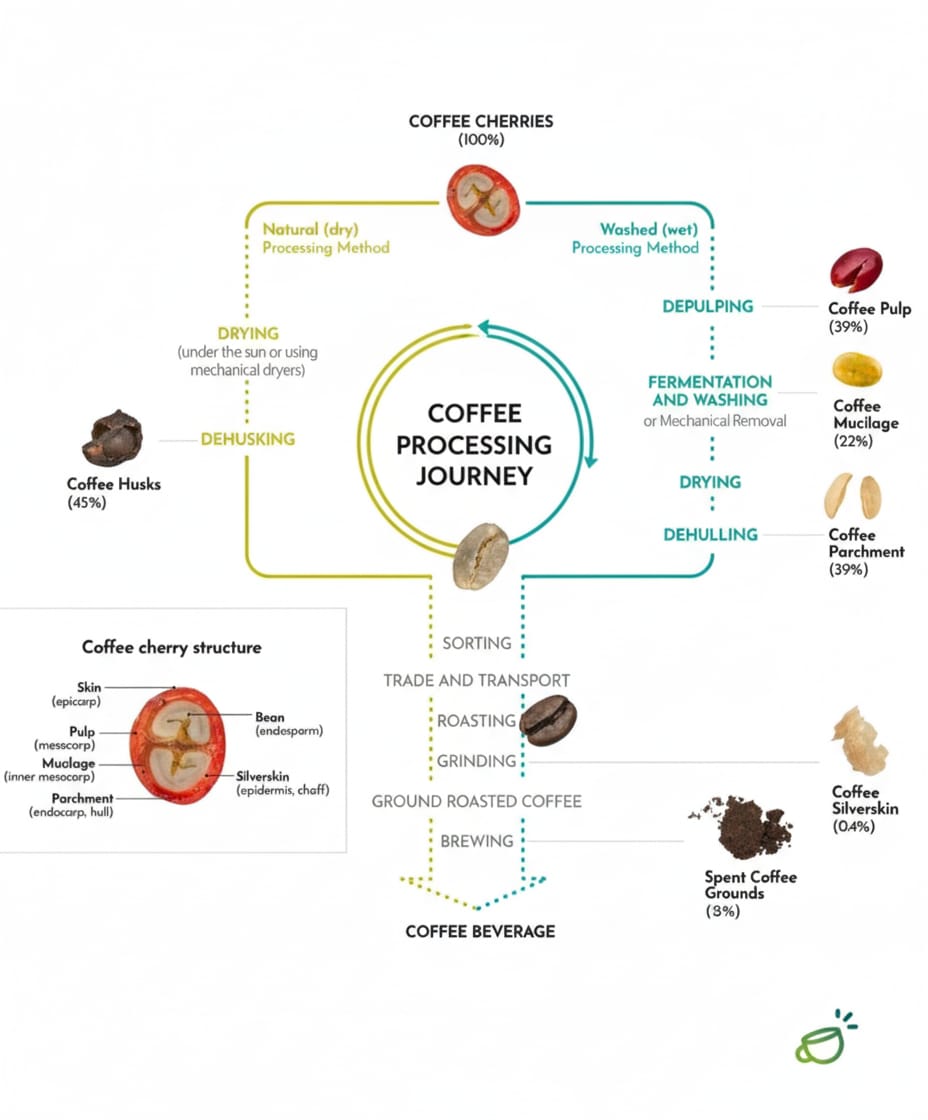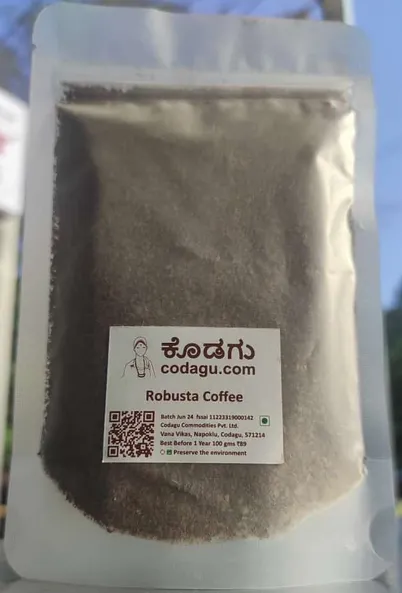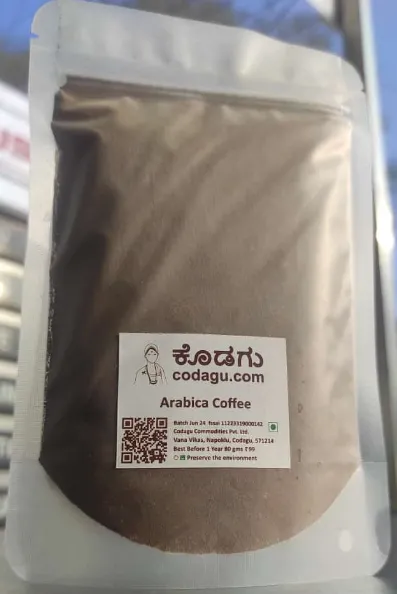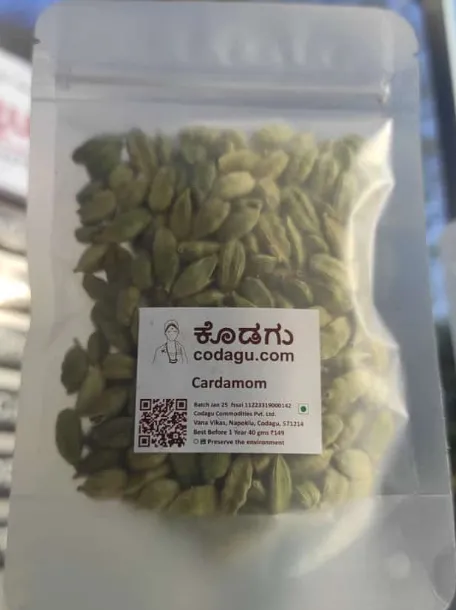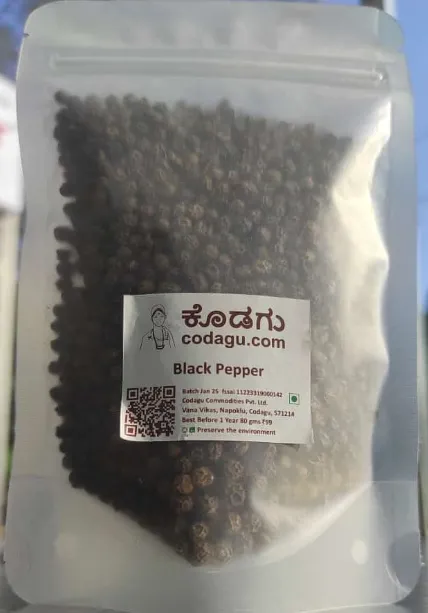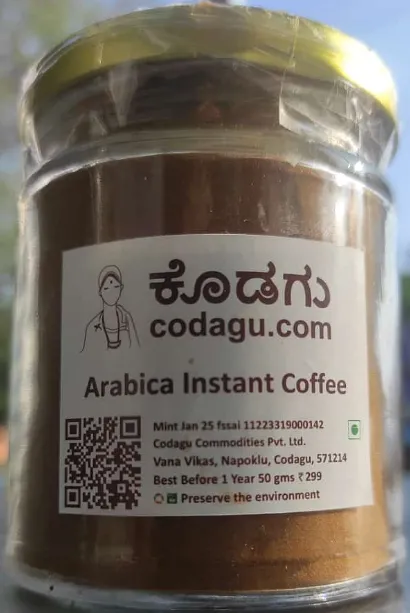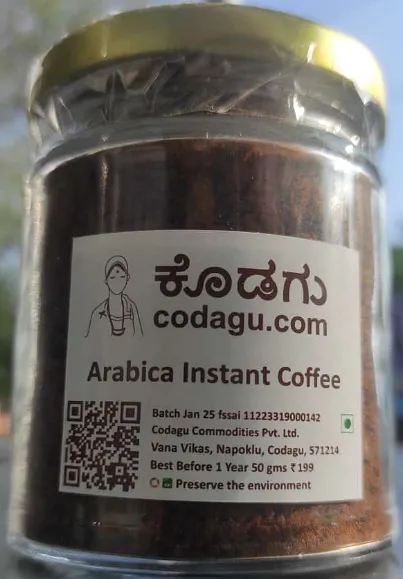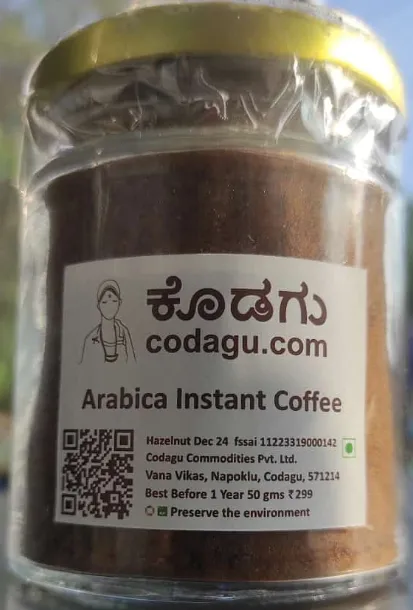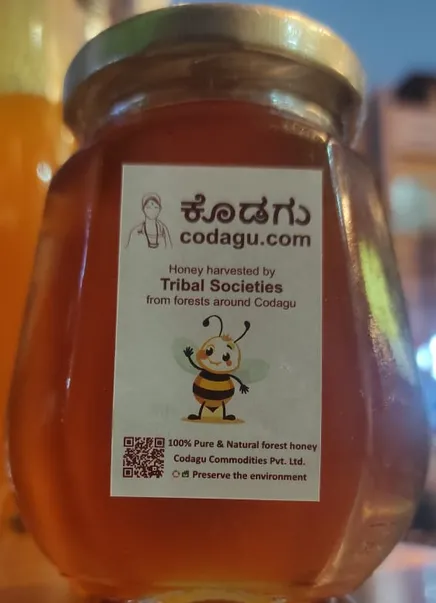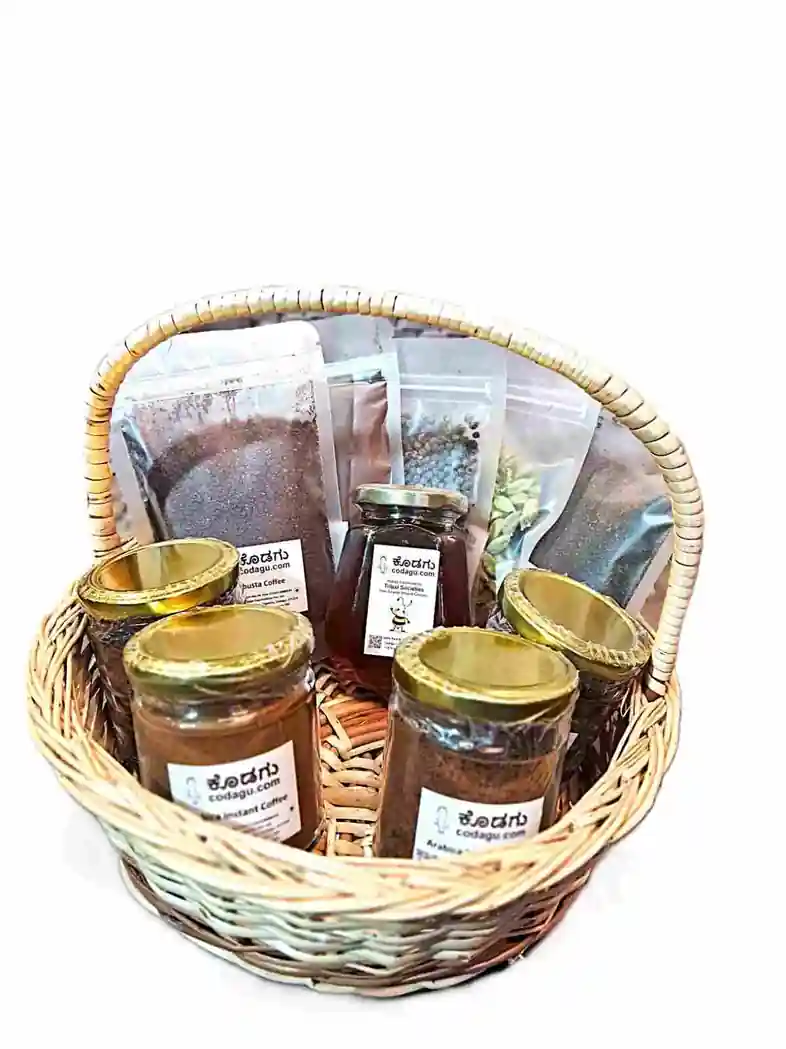Sweet Legacy: The Timeless Role of Honey in Ancient Cultures
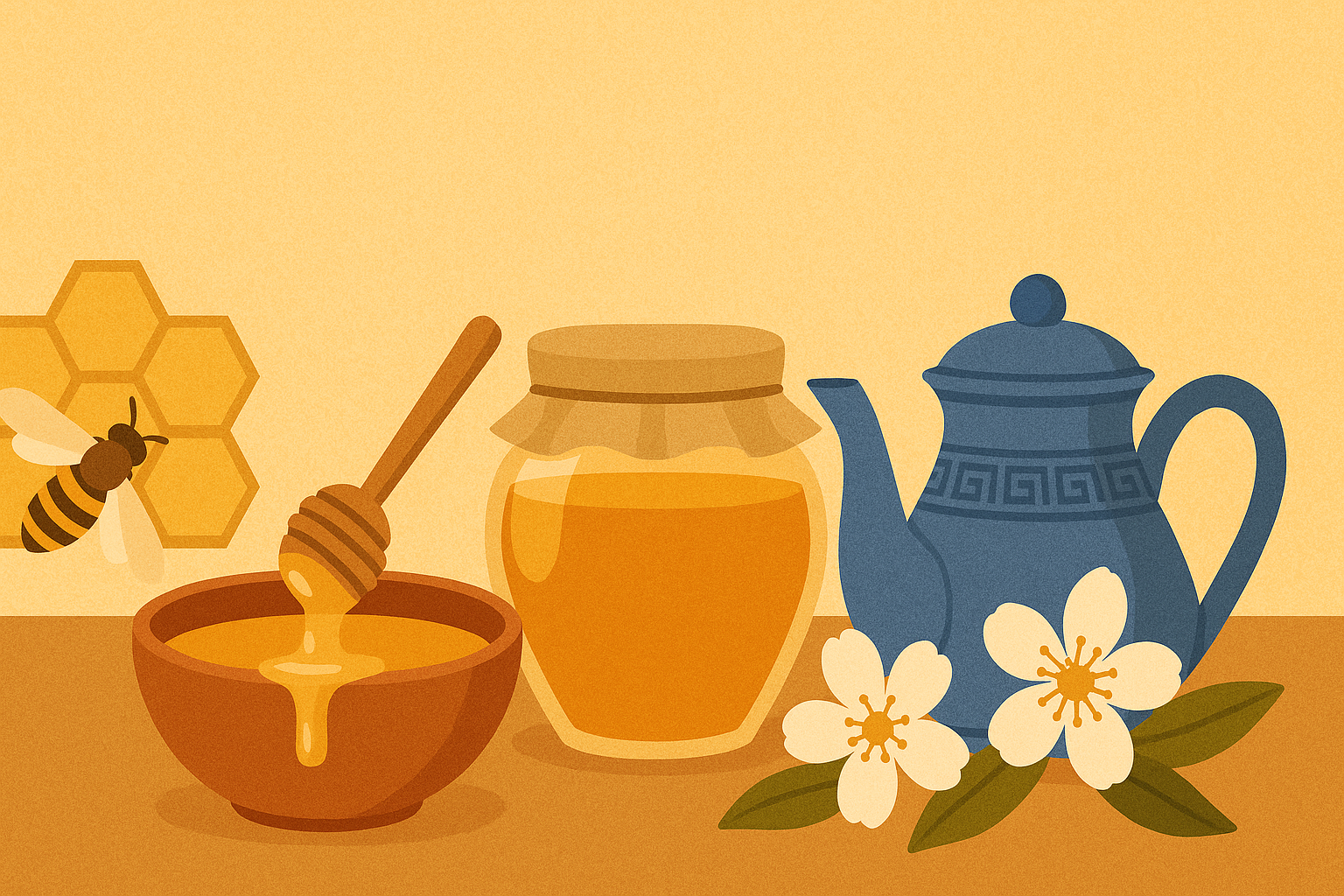
In addition to being a natural sweetener, honey has been used as medicine, a sacred sacrifice, and a representation of plenty throughout human history. In addition to its flavor, honey has been valued by civilizations all over the world for its therapeutic and preservation qualities. Honey was essential to daily life and religious rituals from ancient Egypt to the remote Himalayan regions.
Honey was regarded as a gift from God and a representation of immortality in ancient Egypt. It was administered to wounds, used to sweeten sacrifices to the gods, and even discovered in tombs—sealed pots of honey that had not gone bad for thousands of years. Because they thought it would help preserve the body for the afterlife, the Egyptians also utilized honey in their embalming ceremonies ,believing it helped preserve the body for the afterlife. Its antiseptic qualities were well-known, making it an essential ingredient in many medicinal concoctions.
Meanwhile, in ancient India, honey held a sacred place in Ayurvedic medicine. Known as “Madhu,” honey was believed to balance the body’s doshas and was used to treat a variety of ailments. It also featured in spiritual rituals and Vedic ceremonies, often offered to the gods alongside milk and ghee. Similar reverence was found in ancient Greece, where Hippocrates, the father of modern medicine, praised honey for its therapeutic effects and prescribed it for wounds, fevers, and digestive issues.Honey’s significance wasn’t limited to the Old World. The Mayans of Central America associated bees and honey with the gods, particularly Ah-Muzen-Cab, the bee god. They used honey in rituals and as a base for fermented drinks. Across cultures, honey was often seen as a bridge between the earthly and the divine—a natural substance with otherworldly properties.
Although honey is still a beloved product today, its lengthy history serves as a reminder of its continued cultural significance. It represents humankind's ties to the natural world, health, and spiritual heritage and is more than just food. We carry on a delightful custom that has been developed over hundreds of years when we drizzle it over our toast or mix it into our tea.

